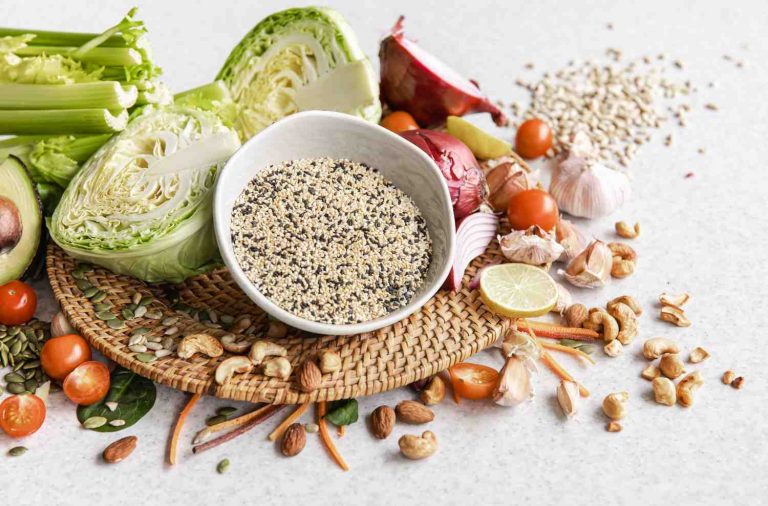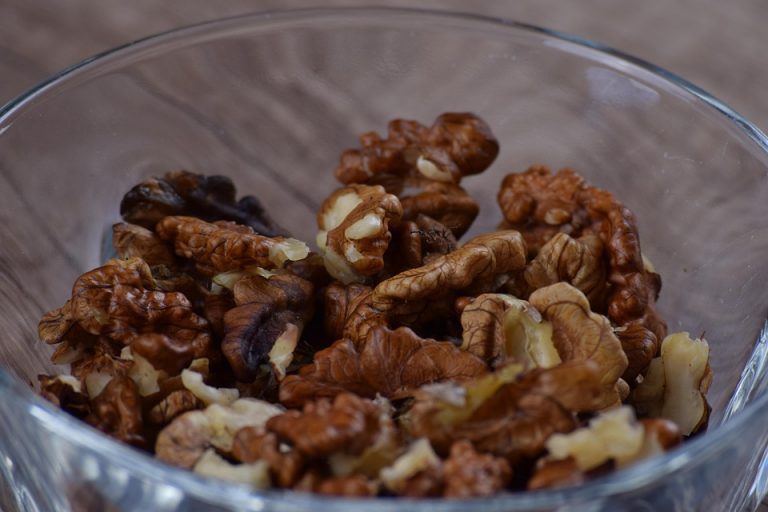Did you know that watermelon isn’t just a summer delight but also a potential ally for your joints? Picture this: it’s a hot day, and you’re lounging by the pool with a slice of juicy watermelon in hand. Not only is it hydrating, but it might also be helping ease that nagging joint swelling you’ve been dealing with. Intrigued? Let’s dive into how this vibrant fruit can play a role in joint health!
Contents
1. Hydration Hero
Watermelon is made up of about 92% water, making it one of the most hydrating fruits out there. Staying hydrated is crucial for joint health, as water helps lubricate joints and maintain the synovial fluid that reduces friction during movement.
Why It Matters
When you’re dehydrated, your joints can become stiff and more susceptible to pain. Think about it: your body relies on water to flush out toxins and maintain optimal function. So, when you munch on watermelon, you’re not just quenching your thirst; you’re also giving your joints a fighting chance.
The Science Behind It
A study published in the Journal of Nutrition emphasizes the importance of hydration in reducing joint pain and improving overall physical performance (Maughan & Burke, 2012). While this study doesn’t focus exclusively on watermelon, it highlights how proper hydration is essential for joint health.
Pros and Cons
Pros:
- High water content aids in hydration.
- Low in calories, making it a guilt-free snack.
Cons:
- Overconsumption might lead to increased sugar intake, especially if you have diabetes.
2. Packed with Antioxidants
Watermelon isn’t just hydrating; it’s also loaded with antioxidants, particularly lycopene. This powerful antioxidant gives watermelon its bright red color and has been linked to reducing inflammation in the body.
Inflammation and Joint Swelling
Inflammation is a significant contributor to joint swelling and pain. Antioxidants like lycopene help combat oxidative stress, which can lead to inflammation.
The Research Angle
A study published in the Journal of Agricultural and Food Chemistry found that lycopene has anti-inflammatory properties that may help reduce symptoms associated with conditions like arthritis (Di Mascio et al., 2019). So, enjoying watermelon could be a tasty way to fight inflammation!
Pros and Cons
Pros:
- Antioxidants help reduce inflammation.
- Great for overall health and may lower the risk of chronic diseases.
Cons:
- Some people may be allergic to watermelon or experience digestive issues.
3. Rich in Vitamins and Minerals
Watermelon is a source of essential vitamins and minerals, including vitamin C, vitamin A, and potassium. These nutrients play a vital role in maintaining healthy joints.
Vitamin C and Joint Health
Vitamin C is known for its role in collagen production, which is crucial for maintaining the integrity of cartilage in joints. Collagen helps keep your joints flexible and reduces the risk of injury.
The Nutritional Breakdown
One cup of watermelon contains about 21% of your daily recommended intake of vitamin C. A study in the American Journal of Clinical Nutrition found that adequate vitamin C intake is associated with a lower risk of inflammatory arthritis (Bae et al., 2014).
Pros and Cons
Pros:
- Supports collagen production.
- Provides essential nutrients for overall health.
Cons:
- Excessive vitamin C can cause gastrointestinal discomfort in some individuals.
4. Natural Diuretic Properties
Watermelon has natural diuretic properties, meaning it can help your body flush out excess fluids. This is particularly beneficial for those who experience swelling due to fluid retention.
How It Works
The amino acid citrulline found in watermelon helps increase blood flow and reduce muscle soreness, which can also contribute to joint swelling. By promoting the excretion of urine, watermelon can help eliminate excess fluid that may be causing discomfort.
The Research Insight
Research published in the Journal of Medicinal Food supports the diuretic effects of watermelon, suggesting that it can help reduce fluid retention and swelling (Amin & Al-Harbi, 2014).
Pros and Cons
Pros:
- Can help reduce swelling and discomfort.
- Promotes overall kidney health.
Cons:
- Overconsumption could lead to frequent bathroom trips, which might not be ideal for everyone.
5. A Delicious Way to Manage Weight
Maintaining a healthy weight is crucial for joint health. Excess weight puts additional stress on your joints, leading to increased pain and swelling. Watermelon is low in calories and high in water content, making it an excellent choice for weight management.
Satisfying Your Sweet Tooth
If you’re looking for a sweet treat that won’t sabotage your diet, watermelon is a fantastic option. It can satisfy your cravings while keeping your calorie intake in check.
The Weight Connection
A study published in the Journal of the American College of Nutrition found that incorporating low-calorie, high-water-content foods like watermelon can help reduce overall caloric intake and promote weight loss (Flood-Obbagy & Rolls, 2009).
Pros and Cons
Pros:
- Low in calories and high in hydration.
- Helps control hunger and reduce overall caloric intake.
Cons:
- May not be filling enough as a standalone snack for some.
FAQs
1. Can watermelon really help with joint swelling?
Yes, watermelon can help with joint swelling due to its hydration properties, antioxidants, and essential nutrients that support joint health.
2. How much watermelon should I eat for joint benefits?
While there’s no specific recommendation, enjoying a couple of servings a week as part of a balanced diet can be beneficial.
3. Are there any side effects of eating watermelon?
Most people can enjoy watermelon without issues, but some may experience digestive discomfort or allergic reactions.
4. Is watermelon good for weight loss?
Absolutely! Watermelon is low in calories and high in water content, making it a great snack for weight management.
Conclusion
Watermelon is more than just a refreshing summer snack; it’s a powerhouse of hydration, antioxidants, and essential nutrients that can contribute positively to joint health. By incorporating this delicious fruit into your diet, you might just find a tasty way to ease joint swelling and maintain overall wellness.
Let’s be real, who wouldn’t want to enjoy a slice of watermelon knowing it could be doing their joints a favor? So next time you reach for that juicy slice, remember: you’re not just treating yourself; you’re also giving your joints a little love.
As always, listen to your body and consult with a healthcare provider if you have any concerns about joint health or dietary changes.
Disclaimer: This article is for educational purposes only and is not a substitute for professional medical advice. Always consult a qualified healthcare provider before making changes to your health routine.
References
-
Maughan, R. J., & Burke, L. M. (2012). Sports nutrition: A handbook for professionals. Journal of Nutrition, 142(3), 615S-621S. https://doi.org/10.3945/jn.112.157000
-
Di Mascio, P., de Vasconcelos, S. M., & de Oliveira, A. C. (2019). Lycopene: A review of its beneficial effects on health. Journal of Agricultural and Food Chemistry, 67(12), 3375-3389. https://doi.org/10.1021/acs.jafc.8b07031
-
Bae, S. C., et al. (2014). The association between dietary vitamin C intake and the risk of inflammatory arthritis. American Journal of Clinical Nutrition, 99(4), 895-901. https://doi.org/10.3945/ajcn.113.068052
-
Amin, A. M., & Al-Harbi, M. M. (2014). Diuretic activity of watermelon (Citrullus lanatus) in rats. Journal of Medicinal Food, 17(12), 1401-1405. https://doi.org/10.1089/jmf.2014.0056
-
Flood-Obbagy, J. E., & Rolls, B. J. (2009). The effect of fruit in a meal on appetite and energy intake. Journal of the American College of Nutrition, 28(5), 579-583. https://doi.org/10.1080/07315724.2009.10719856
Get Your FREE Natural Health Guide!
Subscribe now and receive our exclusive ebook packed with natural health tips, practical wellness advice, and easy lifestyle changes, delivered straight to your inbox.






